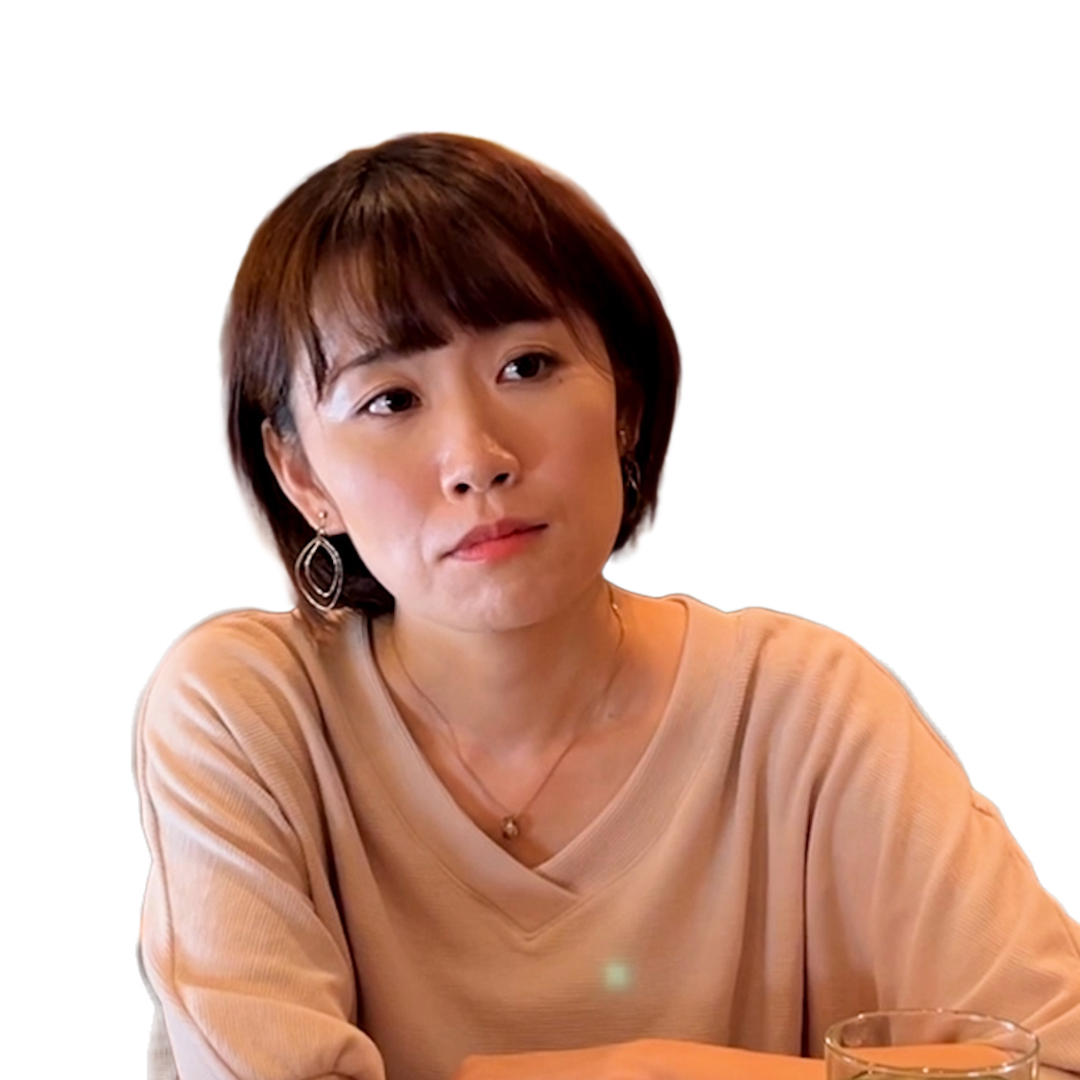ミキ:ありがとうございました。 失礼します。
ミキ:はぁ。おわった。
ミキ:もしもし、さなえさん。 うん、今おわったところ。
じゃあこれからカフェむかうね。じゃあ、またあとで。
タイトル:オーディションをうけた!
さなえ:ミキ! こっちこっち。
ミキ:さなえさん、ごめんね。 まった。
さなえ:ううん、今ついたばっかり。
ミキ:そっか、もう注文した。
さなえ:ううん、これから。
ミキ:うん、決めた。 これ。
さなえ:オッケー。 すみません。
Miki: “Thank you very much. Excuse me.”
Miki: “Phew, I’m done.”
Miki: “Hello, Sanae-san. Yeah, I just finished. So, I’m heading to the cafe now. Well then, talk to you later.”
Title: “Took an Audition!”
(At the cafe)
Sanae: “Miki! Over here!”
Miki: “Sanae-san, sorry. Did you wait long?”
Sanae: “No, I just arrived.”
Miki: “I see. Have you already ordered?”
Sanae: “No, not yet.”
Miki: “Alright, I’ve decided. This one.”
Sanae: “Okay, got it. Excuse me.”
| 終わる(おわる) | to finish |
| 向かう(むかう) | to go |
| カフェ | cafe |
| オーディション | audition |
| 受ける(うける) | to take |
| 注文する(ちゅうもんする) | to order |
| 待つ(まつ) | to wait |
| 着く(つく) | to arrive |
| ううん | No. (casual expression) |
| これから | from now |
| 決める(きめる) | to decide |
“た form” in Japanese is used to express the past completed form of verbs. It is mainly used to indicate actions or states that were completed in the past.
“In both cases, ‘~ました’ and the ‘た form,’ represent the past tense, but while ‘~ました’ is a polite form, the ‘た form’ is a more casual expression.”

飲み物を注文しました。(ます form / polite)
I ordered a drink.

飲み物を注文した。(た form / casual)
I ordered a drink.
When “た-form” is combined with “ところ” or “ばかり (or ばっかり) ,” it emphasizes that the timing of a past action is just a short while before.

今(オーデションが)おわったところ。
I just finished (the audition).

今 (カフェに)ついたばっかり
I just arrived (at the cafe).
